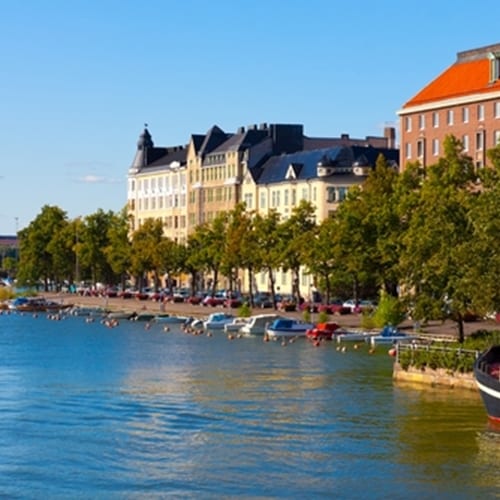The International Maritime Organization has approved a draft of the Polar Code, a document that would set important limitations for operators working in increasingly important Arctic waters. Although there are still several months to go before the Code is considered for further advancement, it would apply to a vast range of factors, from construction to operation. Shipping companies therefore need to think about the boat insurance coverage they use and whether or not it will be compliant.
Sections of the code that were approved concern pollution and its various potential effects on the Arctic environment. This includes any pollution that would be caused by oil, garbage, sewage or "noxious liquid substances," according to the Maritime Executive.
The Wall Street Journal recently featured an interview with Michael Kingston of DWF LLP, who described some of the issues that still persist inside the code. Certain countries, those that are Member States in the Arctic Council, are more impacted by this legislation, or at least have more immediately at stake. Outside of North America, these states include Denmark, Sweden, Iceland, Finland, Norway and Russia.
"If an ice regime is not included in the Polar Code then it could lead to a false sense of security, wherein you have some flag states, perhaps located near the tropics, that don't understand the Arctic very well and could end up approving polar water manuals that aren't fit for purpose," he said.
With a boat insurance broker, a shipping business will successfully recover when a boat is damaged, especially in a hazardous Arctic environment. Companies doing business in the Arctic can look to improve their current insurance status as major decisions are being made.

